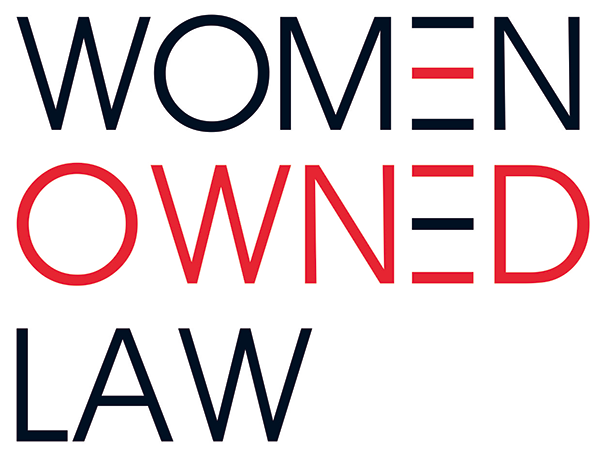The legal profession is notorious for lacking civility. Many managing partners are unaware that simple improvements in workplace civility can have a direct impact on retention and employee engagement, while also reducing liability and improving the firm’s bottom line. Here’s why and how civility among attorneys must change.
Civility is defined as the consistent treatment of others with respect. Civility Training brings an awareness to attorneys that everything they say and do (how they say it, where they say it, how they do it, where they do it) impacts everyone they encounter. It also provides positive behaviors that attorneys that can improve the workplace culture. The number one reason employees leave organizations is due to how they are treated by their managers.
It defies common sense to think attorneys need to be instructed on how to interact, communicate and treat others. Typically, attorneys are promoted to management based on job performance (billable hours) alone, with little consideration given to their leadership skills. It is a huge assumption that attorneys who bill the most hours must inherently have civil leadership skills! The two are entirely different. The profession must take the initiative (hence the Civility Initiative title) to bring awareness of the positive behaviors that improve the workplace.
How did we get here?
Incivility is definedas seemingly inconsequential, inconsiderate words (or actions) that violate conventional workplace conduct. Incivility is on the rise in today’s workplaces for several reasons. First, there are fewer people doing more work, so there is less time to be civil (or at least that is the common belief). Nevertheless, there are still many things that managers can do that don’t consume time, but have significant impact, such as saying Please and Thank You in daily conversations.
Second, technology in the workplace, such as email and text, has made communication considerably more informal, pushing formal and courteous language, plus indications of respect, to the wayside.
Third, uncivil behaviors, such as rudeness, often fly below the radar and do not rise to the level of requiring a documented performance conversation. When this conduct goes unchecked, it is allowed to spread.
How can civility training reduce liability and yield measurable, positive outcomes for employees and employers?
“Workplace Incivility often acts as a gateway drug to harassment,” according to the Select Task Force on the Study of Harassment in the Workplace Report, published by the Equal Employment Opportunity Commission (EEOC) in 2016.
The case for civility training has been brought to the forefront by the EEOC, the federal agency that enforces claims of harassment. The EEOC’s study concludes that seemingly small acts of incivility should be minimized, because those small acts accumulate over time and rise to the level of harassment. Organizations that had civility training programs showed reductions in harassment claims compared to those that did not.
In response to the study’s findings, the EEOC now believes so strongly in civility training programs that it has launched its own civility training program.
The tangible and surprising costs of incivility were eloquently detailed in The Price of Incivility, published by Christine Porath in the Harvard Business Review. According to her research, among workers who have been on the receiving end of incivility. Note these statistics on job performance:
- 48% intentionally decreased their work effort.
- 47% intentionally decreased the time spent at work.
- 38% intentionally decreased the quality of their work.
- 66% said that their performance declined.
Consider the employee’s attitude towards their work and the organization:
- 80% lost work time worrying about the incident.
- 63% lost work time avoiding the offender.
- 78% said that their commitment to the organization declined.
- 12% said that they left their job because of the uncivil treatment.
The results speak for themselves. The costs of incivility highlight why workplace civility training is critical for the legal profession. It matters. It should be included as a part of your anti-harassment training program and for all managers in your firm.
Erica DyReyes is Founder and CEO of Employee Relations Consulting, which provides customized training programs nationwide in workplace civility, HR bootcamps for managers, individualized coaching and outsourced employee relations. She may be reached at [email protected] and 936-587-9116.

